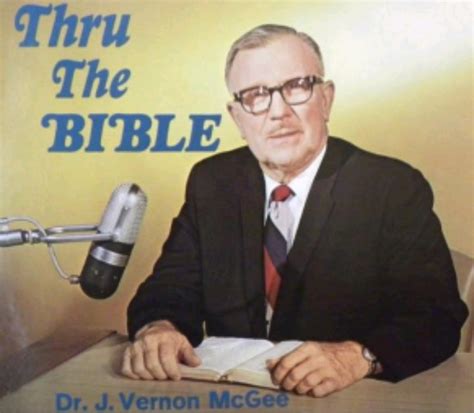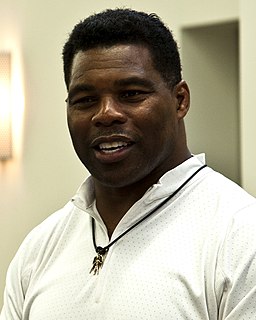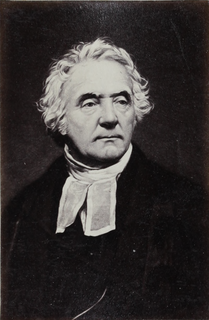Top 1200 Belief In The Bible Quotes & Sayings - Page 2
Explore popular Belief In The Bible quotes.
Last updated on December 18, 2024.
Reading the Bible is the fast track to atheism. Reading the Bible means starting at "In the beginning..." and throwing it down with disgust at "...the grace of the lord Jesus be with all. Amen." I'm sure there are lots of religious people who've read the Bible from start to finish and kept their faith, but in my self-selected sample, all the people I know who have done that are atheists.
We, including many Christians, read the Bible through "eyes" conditioned by, and even accommodated to, modern Western culture plus the influences of messages and ideas from other cultures that are alien to the worldview of the biblical writers. Therefore, in order fully to understand the Bible and allow the Bible to absorb the world (rather than the world - culture - absorb the Bible) we must practice an "archaeology" of the biblical writers' implicit, assumed view of reality.
Logically, taking Scripture seriously means being passionately concerned about interpreting it correctly and thus welcoming any evidence that exposes erroneous understandings of the biblical text. Unfortunately, many zealous Bible students and teachers confuse their favorite interpretations of the Bible with the Bible itself.
By the age of fifteen, I had convinced myself that nobody could give a reasonable explanation of what he meant by the word 'God' and that it was therefore as meaningless to assert a belief as to assert a disbelief in God. Though this, in a general way, has remained my position ever since, I have always avoided unnecessarily to offend other people holding religious belief by displaying my lack of such belief, or even stating my lack of belief, if I was not challenged.
Today we take it for granted that the Bible is in our language. We forget that the Bible used to not be available to the common man. It's no wonder that TIME magazine recorded the number one event of the last 1,000 years was the Gutenberg printing of the Bible which made this book available in mass form to all people.
The necessary precondition for the birth of science as we know it is, it would seem, the diffusion through society of the belief that the universe is both rational and contingent. Such a belief is the presupposition of modern science and cannot by any conceivable argument be a product of science. One has to ask: Upon what is this belief founded?
Even those who claim the Bible's inerrancy make distinctions between Scriptural edicts, sensing that some passages - the Ten Commandments, say, or a belief in Christ's divinity - are central to Christian faith, while others are more culturally specific and may be modified to accommodate modern life.
[The Bible] has to be interpreted. And if it isn’t interpreted, then it can’t be put into action. So if we are serious about following God, then we have to interpret the Bible. It is not possible to simply do what the Bible says. We must first make decisions about what it means at this time, in this place, for these people.
A few years ago the Deists denied the inspiration of the Bible on account of its cruelty. At the same time they worshiped what they were pleased to call the God of Nature. Now we are convinced that Nature is as cruel as the Bible; so that, if the God of Nature did not write the Bible, this God at least has caused earthquakes and pestilence and famine, and this God has allowed millions of his children to destroy one another. So that now we have arrived at the question - not as to whether the Bible is inspired and not as to whether Jehovah is the real God, but whether there is a God or not.
It's important for people in the Church to realize that the way they talk and think about the Bible isn't the way Bible scholars talk and think about it - and I'm including "Bible-believing" scholars there. There is a wide gap between the work of biblical scholars, whose business it is to read the text of the Bible in its own worldview context, and what you hear in church.
Belief is in a sense passive, an agreement or acceptance only; faith is active and positive, embracing such reliance and confidence as will lead to works. Faith in Christ comprises belief in Him, combined with trust in Him. One cannot have faith without belief; yet he may believe and still lack faith. Faith is vivified, vitalized, living belief.
Sometimes people hold a core belief that is very strong. When they are presented with evidence that works against that belief, the new evidence cannot be accepted. It would create a feeling that is extremely uncomfortable, called cognitive dissonance. And because it is so important to protect the core belief, they will rationalize, ignore and even deny anything that doesn't fit in with the core belief.
I am a follower of Jesus Christ. The Bible is my primary way of knowing Him and what it means to follow Him. And I am a pastor, and I teach and preach the Bible to my congregation every week. But the Bible is not a manufacturer's handbook. Neither is it a science textbook nor a guidebook for public policy.
The Bible is so deep! As the 6th-century church father Gregory put it: "Scripture is like a river...shallow enough...for the lamb to go wading, but deep enough...for the elephant to swim." It's humbling to be involved in projects that make the riches of the Bible accessible to Bible teachers and students.
When we go to the Bible we should keep in mind that the basic principles of the Bible are taught by God, but written down by human beings deprived of modern day knowledge. So there is some fallibility in the writings of the Bible. But the basic principles are applicable to my life and I don't find any conflict among them.
The Bible did not arrive by fax from heaven. The Bible is the product of man, my dear. Not of God. The Bible did not fall magically from the clouds. Man created it as a historical record of tumultuous times, and it has evolved through countless translations, additions, and revisions. History has never had a definitive version of the book.
Yoga is existential, experiential, experimental. No belief is required, no faith is needed - only courage to experience. And that's what's lacking. You can believe easily because in belief you are not going to be transformed. Belief is something added to you, something superficial. Your being is not changed; you are not passing through some mutation.
Religion becomes a matter of belief, and belief acts as a limitation on the mind; and the mind then is never free. But it is only in freedom that you can find out what is true, what is God, not through any belief; because your belief projects what you think God ought to be, what you think ought to be true. If you believe God is love, God is good, God is this or that, your very belief prevents you from understanding what is God, what is true.
The angels of the Bible terrify the humans to whom they visit; they startle and scare and even stun the humans. Why? Because in the Bible angels are colossal figures, fiery in light and, more often than not, overwhelming in their power. Angels, then, in the Bible are supernatural beings that humble us in their presence.
When we turn the Bible into an adjective and stick it in front of another loaded word, we tend to ignore or downplay the parts of the Bible that don’t quite fit our preferences and presuppositions. In an attempt to simplify, we force the Bible’s cacophony of voices into a single tone and turn a complicated, beautiful, and diverse holy text into a list of bullet points we can put in a manifesto or creed. More often than not, we end up more committed to what we want the Bible to say than what it actually says.
























































